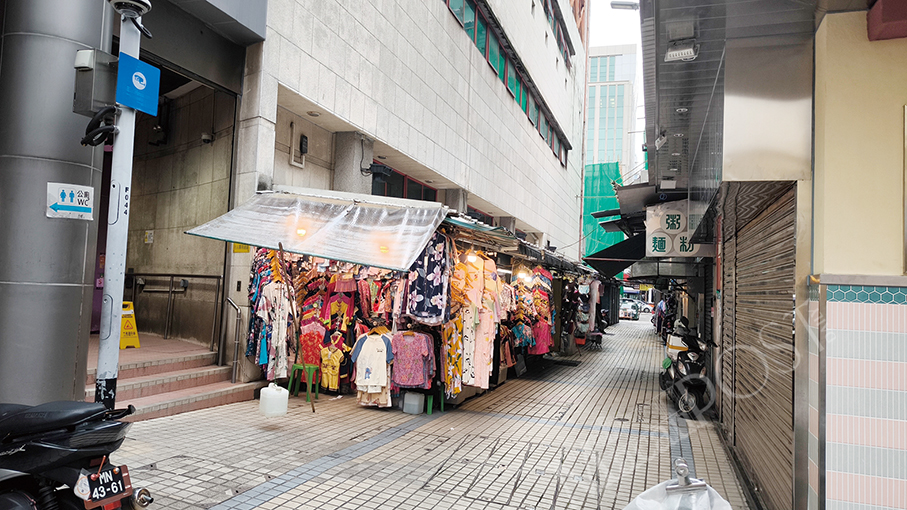The Legislative Assembly (AL) yesterday passed the outline of a government-initiated bill regulating the operation of the city’s street vendor stalls, which proposes that licences to operate the stalls will be granted through public tender, a change from the current practice in which available stalls are simply allocated through lucky draws.
Secretary for Administration and Justice André Cheong Weng Chon introduced the outline of the bill during a plenary session in the legislature’s hemicycle yesterday.
After yesterday’s passage of its outline, the bill will be passed to one of the legislature’s standing committees for an article-by-article review, after which it will be resubmitted to another plenary session for its second and final debate and article-by-article vote.
The government’s newly proposed system on street vendor stalls comes after a new law regulating the operation of the city’s wet-market stalls took effect on January 1, 2022.
The current wet-market law has replaced municipal regulations concerning wet-market management drawn up several decades ago.
During yesterday’s plenary session, Cheong pointed out that the current municipal regulations concerning street vendor stalls were drawn up in the 1970s and 1980s, which “obviously” cannot meet Macau’s current socioeconomic situation.
Cheong said that the government has drafted the proposed new legal system on street vendor stalls after thoroughly listening to opinions from civil society and referencing the systems on regulating street vendor stalls in neighbouring regions and certain rules listed in Macau’s current wet-market law.
According to the current wet-market law, the lease and operation of stalls must be granted by public tender except in special circumstances, a change from the previous practice in which available stalls were simply allocated through lucky draws.
Similar to the current wet-market law, the bill proposes that licences to operate street vendor stalls must be granted through public tender except in special circumstances, a change from the current practice in which available stalls are simply allocated by lucky draw.
Similar to the current wet-market law, the bill on street vendor stalls proposes that the Municipal Affairs Bureau (IAM) will assess bids for licences to operate stalls based on various criteria such as the potential bidders’ proposed operation plan, their experience in running stalls, their proposed operating hours, the level of diversity of their goods, and the availability of various payment methods that shoppers can choose.
Replying to questions from several lawmakers during the plenary session, Cheong underlined that it is wrong to say that the government is only aiming to toughen its regulation on the operation of street vendor stalls without supporting them.
Both the current wet-market law, which has been in force since January 2022 after its bill was passed by the legislature in its final reading in June 2021, and the new bill on street vendor stalls aim to ensure that vacant stalls will only be allocated to those who are genuinely dedicated to running their business.
Lawmakers Ron Lam U Tou and José Maria Pereira Coutinho yesterday slammed the government for submitting its bill on street vendor stalls to the legislature “so late”, pointing out that the government carried out a public consultation in 2018 on its proposed new system on wet-market stalls and another one on street vendor stalls, but the new wet-market law took effect in January 2022 while the government has only now submitted its bill on street vendor stalls to the legislature.

This photo taken last week shows street vendor stalls selling apparel outside the S. Domingos Market Municipal Complex. – Photo: Tony Wong








